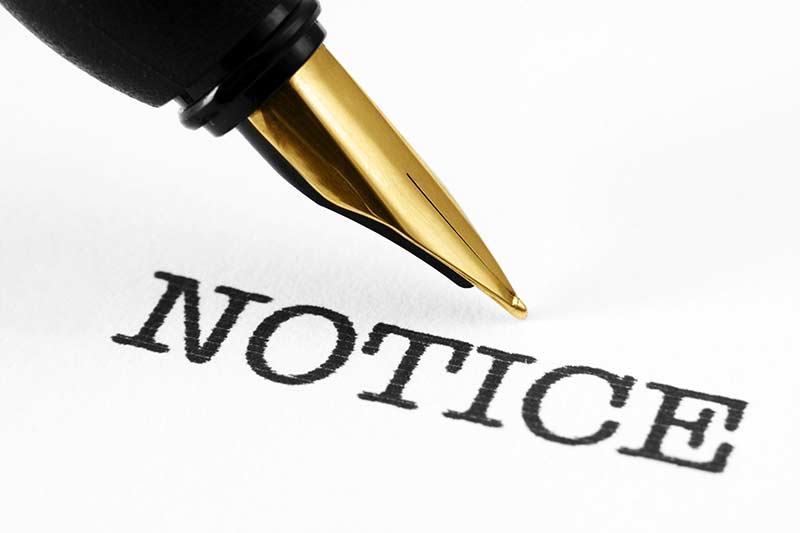If you have received a notice from the IRS the first and most important thing is to not panic. Most notices are minor and should not be of long-lasting concern and many do not even require any action on your part. Here is some information that will help guide you through the process and put your mind at ease.
First, read the letter in full. Most often when you receive a notice from the IRS it is for something simple and straightforward. The letter should very clearly state the reason for the inquiry and exactly what it is that you need to do. Almost all notices can be dealt with on your own and you most likely will not need to call the IRS or visit one of their offices.
In the upper right-hand corner of the notice, you will find a notice number. You can visit the IRS Website to find out more information on your specific notice.
Most often people receive notices from the IRS to request payment or to a notification of a change that has taken place or will take place on your account. Sometimes a notice may also request additional information in order to process your tax return.
In the letter, you will find very specific directions on what you need to do. If the letter is for a correction notice you will want to compare the information in the letter to your tax return. If you agree with the correction, then you do not need to do anything more, unless you owe additional money in which case you will need to send in payment.
If you do not agree with the correction then you will need to take immediate action and respond to the correction. You will need to write a letter in dispute and include all backup documentation to verify your claim. With the letter, you will need to include the tear-off portion of the notice received by the IRS. In the upper left-hand corner of the notice, you will find the address to mail your letter. After your request is received it will take a minimum of 30 days for the IRS to review and respond.
If you do not believe the notice is clear or you do have additional questions you can contact the IRS at the phone number in the upper right-hand corner of the notice. Before you make the call it is a good idea to gather any information you may need to get your questions answered. At the very least have your IRS notice and tax return statement with you in order to expedite the call.
A final note is to always make sure you keep very good records of all correspondence with the IRS. Make sure you make copies of all written correspondence and detailed notes on any phone conversations. If you ever feel you are being treated unfairly you can always contact a tax expert for advice. You should also call the IRS immediately if you think you have received a fraudulent notice.



Leave a Reply
You must be logged in to post a comment.